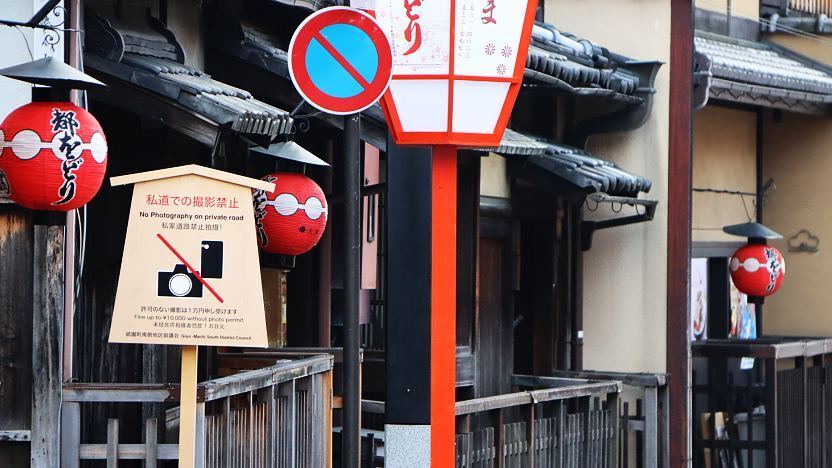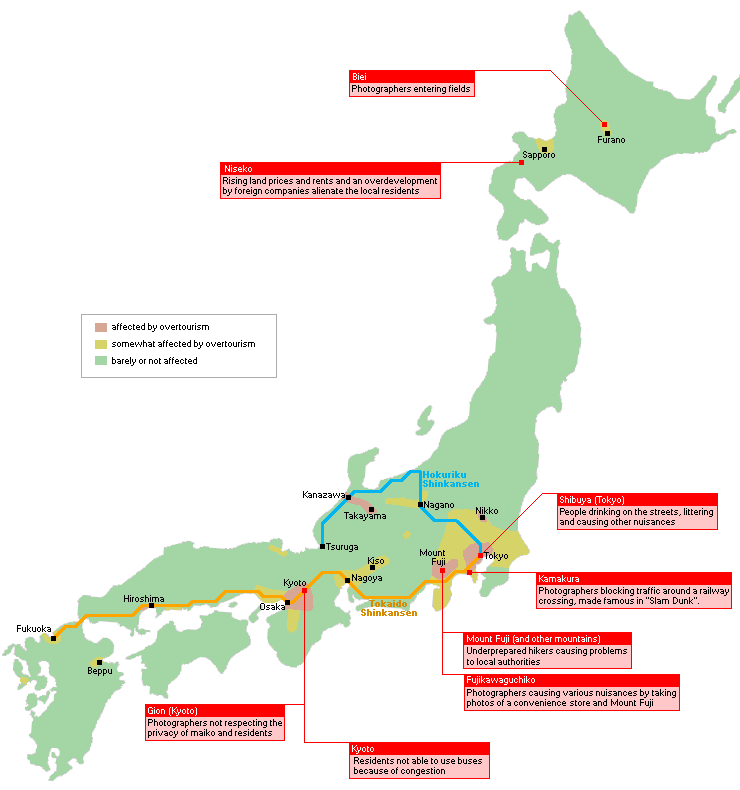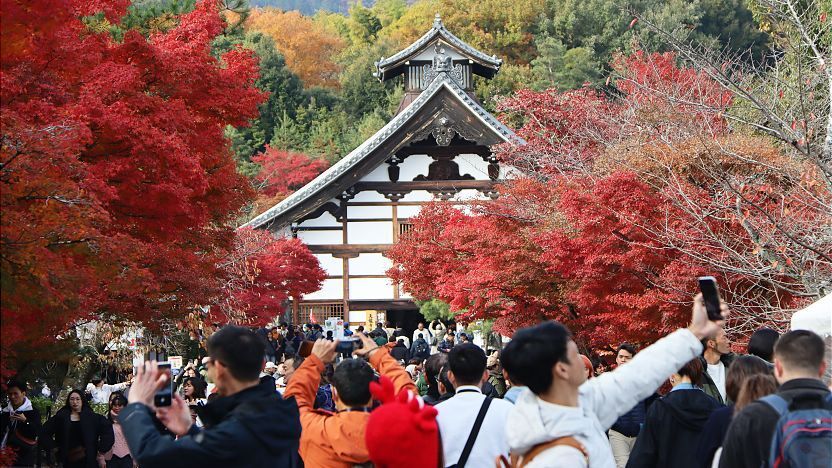The Basics about Overtourism in Japan

Within the past ten years, visitor numbers to Japan exploded from under 10 million to over 30 million per year. While greatly contributing to the local economies and to the improvement of intercultural understanding, tourism has also started to show its less pleasing aspects more prominently. This article intends to outline the biggest complaints caused by "inbound tourism" in Japan and what tourists can do to contribute to an improvement of the situation.
What bugs the locals?
The dominating complaints among locals are related to two issues: congestion and manners.
The sheer number of tourists in the tourist hot spots is causing congestion at tourist attractions, on trains and buses, in shops, restaurants and on the streets, affecting the everyday life of residents and lowering the quality of the tourist experience.
Meanwhile the problem of bad manners by tourists - while not limited to foreigners - is amplified by culture differences and a high level of manners in Japan. Top complaints are related to inconsideration when taking photos (blocking passageways, trespassing and crossing roads dangerously), noise, eating while walking, garbage disposal and luggage.
See below a simplified overtourism map of Japan alongside some famous overtourism hot spots frequently covered by the mass media:

What can tourists do?
Below are some points which can help make your visit to Japan a more pleasant one for yourself and the people and communities around you.
Behave respectfully
When in Japan, do as the Japanese do. Know the local rules and respect them. We have put together a comprehensive guide on etiquette in Japan, including pages on how to behave on the streets, in homes, on trains and with your luggage.
In addition, we would like to put special focus on the following four points, which are probably responsible for 95% of all complaints:
- Avoid large pieces of luggage:
Impossible to avoid for some, but if you have to bring big suitcases to Japan, don't drag them around. Use delivery services to send larger items from base to base and carry around only smaller bags. In particular, don't bring large suitcases onto local buses, which are not meant to be boarded with large luggage. Use delivery services and taxis instead. - Take responsibility for your garbage:
Japan deals differently with garbage than many other countries: there are almost no public trash cans. Instead, individuals are expected to carry their trash around until they find a rare trash can or return home or to their hotel room. Study and respect waste separation rules. - Keep your voice down:
While it is common in some countries to communicate in loud voices on public transportation and in cafes and restaurants, such behavior is towards the top of ranking lists of most annoying behaviors in Japan. Keep your voice down in consideration for those who wish to relax and are not interested in your conversation. Furthermore, don't talk on your phone in trains and restaurants. It is considered bad manners. - Be considerate in crowded spaces:
It happens too often that foreign tourists are blocking busy passageways with their suitcases in busy stations or when taking photos at crowded tourist spots. Always keep the flow of people in mind when you are in busy places and behave with consideration.
Consider avoiding the hot spots
While it is natural that tourists want to see the highlights, we encourage people to consider alternatives in their own interest. Even within Kyoto, an overtourism hot spot, there are lots of beautiful places that remain relatively free of crowds and offer a much more rewarding and authentic experience than the overcrowded top 5 spots that everybody else visits.
Don't limit your visit to the big cities. Include some smaller cities, the countryside and national parks into your itinerary. Don't limit yourself to the Tokaido Shinkansen and the Golden Route. Take the Hokuriku Shinkansen and regional trains beyond Tokyo, Kyoto and Osaka.
